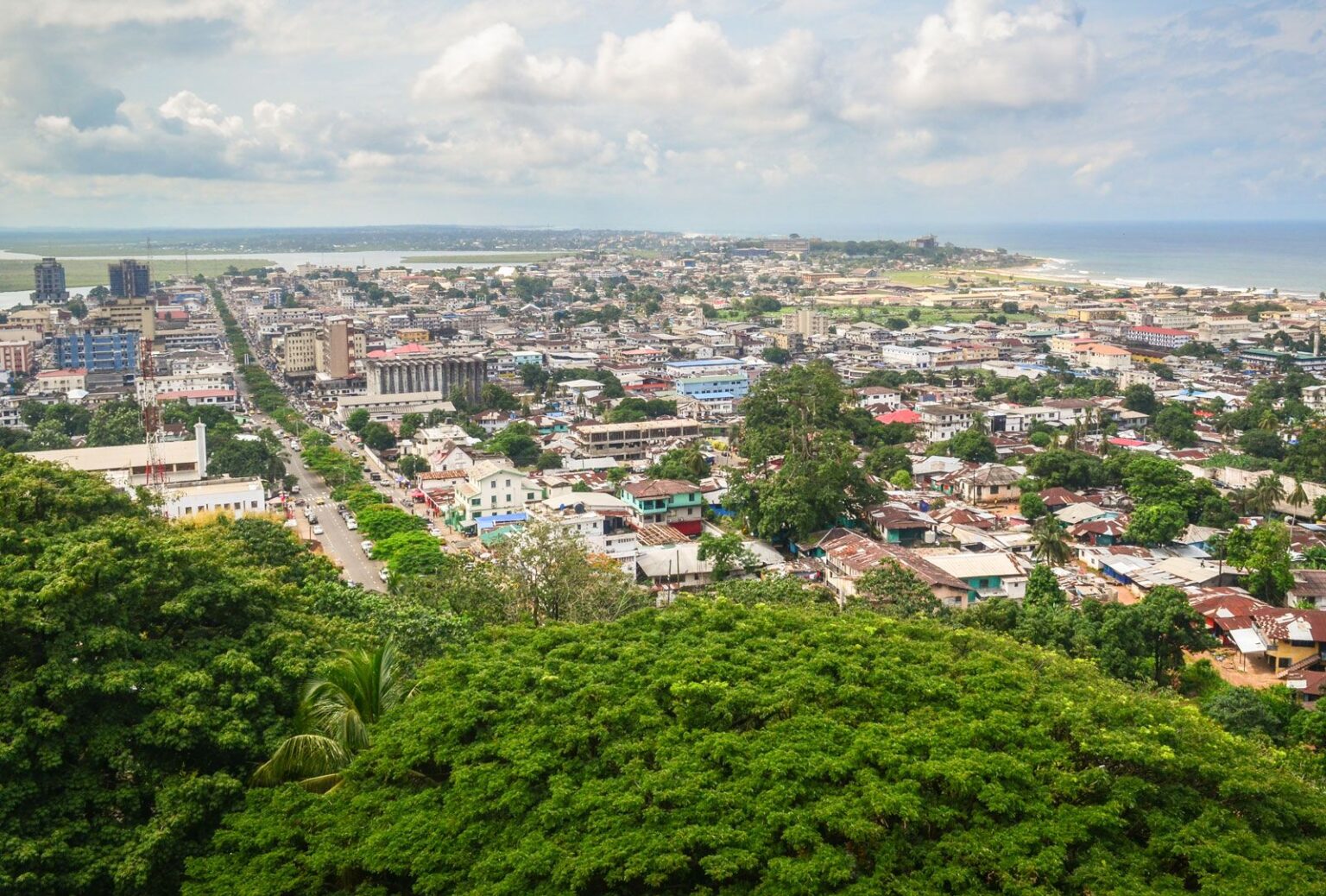Flashback: The Birth of a Nation
The struggle for a modern African state began during the era of rebellion in the United States, when enslaved Africans started resisting their masters. This resistance led to the formation of the American Colonization Society (ACS), whose primary mission was to repatriate freed slaves to their ancestral homeland—Africa.
This marked the beginning of Liberia’s journey. In 1822, the first modern state in Africa was founded. Initially called The Colony, it was governed by appointed agents. Over time, the settlement expanded and became known as the Commonwealth of Liberia, ruled by governors. These early developments signaled the emergence of a free and independent nation.
After enduring years of humiliation from global powers, the Commonwealth declared its independence on July 26, 1847, becoming the Republic of Liberia. This independence marked the start of a new chapter—one marked by a long generational struggle for power. The political landscape was dominated by two main factions: the Pro-Administration and Anti-Administration parties, beginning with President Joseph Jenkins Roberts and continuing through President William R. Tolbert.
Power Struggle Intensifies
By the late 1970s, dissatisfaction with national leadership grew. In 1979, members of the Progressive Alliance of Liberia (PAL), led by Gabriel Baccus Matthews, staged a peaceful protest against a steep rise in the price of rice—the country’s staple food. Unfortunately, what began as a peaceful demonstration turned into violent chaos, resulting in deaths and property destruction.
In 1980, 17 enlisted men of the Armed Forces of Liberia, led by Master Sergeant Samuel Kanyon Doe, staged a coup, assassinating President Tolbert. This act marked the end of Liberia’s First Republic. The new military government, known as the People’s Redemption Council (PRC), ruled until 1985, when elections were held. President Samuel K. Doe was elected and inaugurated in 1986, ushering in the Second Republic under a new constitution.
Yet again, grievances from opposition groups continued to grow. In 1989, the National Patriotic Front of Liberia (NPFL), a rebel group led by Charles G. Taylor, entered the country through Butuo, Nimba County, with the goal of overthrowing the Doe regime.
By 1990, full-scale civil war erupted, plunging the nation into 14 years of violence, marked by mass killings, widespread destruction, and national regression. Liberia—a country once seen as a symbol of African potential—was reduced to ruins.
A Legacy Worth Remembering
Liberia was once a beacon of hope and leadership in Africa. It played a pivotal role in the independence of other African nations, contributed to major continental and global organizations, and provided peacekeeping support through institutions like the Organization of African Unity (OAU), ECOWAS, Mano River Union, and the United Nations.
So, with all these accomplishments, why is Liberia today ranked among the world’s poorest nations?
Causes of National Decline
Here are some of the major—but not exclusive—factors contributing to Liberia’s current state:
- Self-Interest Over National Interest
Many leaders make lofty promises to gain power, only to abandon those promises in pursuit of personal gain. Selfish ambition often overshadows national duty. - Lack of Patriotism
True love for the nation is missing. Citizens engage in acts that degrade the country—such as defecating on streets, vandalizing public infrastructure, and prioritizing other nations over their own. - Failure to Implement Policies
Liberia has drafted numerous well-intentioned laws, strategies, and policies—but implementation has been poor. We often say the right things on paper, but fail to follow through in practice.
So, What Is Our Destiny?
Were we established only to remain underdeveloped and divided?
Is our country not rich in natural resources, capable of driving prosperity?
The answer to these questions is a resounding NO.
The Way Forward
As we commemorate Liberia’s 178th Independence Day, it is time for a collective shift in mindset and attitude. Here are key recommendations for a better Liberia:
- Recognize That Liberia Is Our Home
As the saying goes, “Home is where you can never be deported from.” Liberia is our only true home. Let’s commit to actions that uplift and protect it. - Put Liberia First
In every endeavor, prioritize the nation’s interests. Stop placing other countries above Liberia in loyalty and dedication. - Resolve Conflicts Peacefully
When discontent arises, express grievances through lawful and peaceful means—not through violence or destruction
Yes, Liberia can surely rise again and lead the world.
Happy 178th Independence Day To All Liberians!

